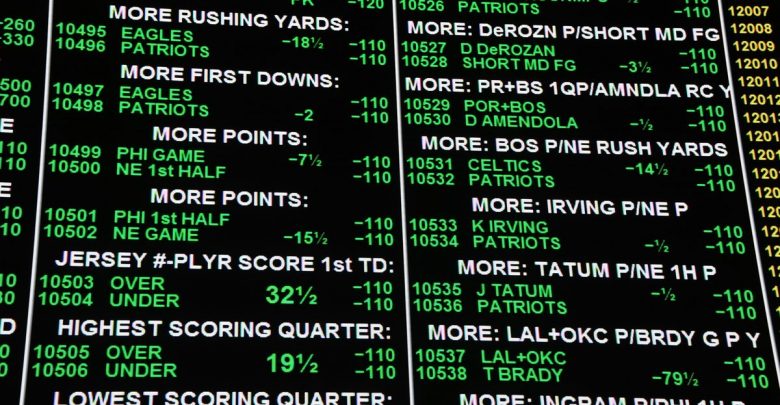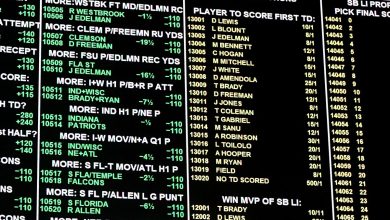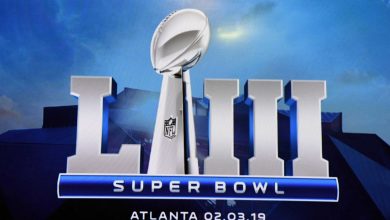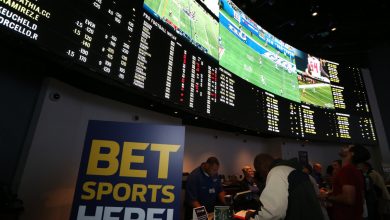Betting Strategy: The Importance of Units Won

Sports gambling’s popularity is at an all-time high these days as players are laying more bets than ever. Everyone has a system, everyone has a strategy, and some are much more complicated than others. This is where gamblers get into trouble, too. Sports gambling should be simple. This team is going to win, that team is going to lose, wager accordingly. Once we start using a sports betting strategy or begin developing our own, things can get complicated very quickly and important factors get lost in the mix. Believe it or not, one of the things gamblers often lose track of is if they are winning or losing.
Sports gambling is about one thing and one thing only: making money. Not how many winners you pick, not how many you can win in a row. It’s how much money you can make. It doesn’t matter how you win, it’s how much you win. It’s funny how this ultimate goal somehow gets lost in the shuffle. Every sports gambler will remember whether or not they win or lose on a wager. The problem is that most of them don’t remember an even more important number, and that is the Betting Units Won.
For those that don’t know, your Betting Units Won is the amount of money a group of wagers won or lost after the juice and losses. It’s your margin of profit or loss netted after any set of wagers. Your Betting Units Won is not your winning percentage because, as you must remember, every wager you place can have a difference in odds, juice, and outcome. Therefore, it doesn’t matter if you simply win or lose, it’s how much you win or lose. To determine this, you must take more into account than just a win or a loss.
Calculating your Betting Units Won is quite easy when using this simple formula. If X represents the odds of the wager, the calculation is then X divided by 100 when the betting odds are greater than 0. Or -100 divided by X if the betting odds are lesser than 0. For example, the Philadelphia Eagles are a three-point favorite over the New England Patriots and the juice is set to -115. Here you would use -115 as the betting odds. Since it is a negative, you would plug in the calculation as -100/-115, which equals 0.8696. If Philadelphia wins while covering the spread, you’ll have won +0.87 units on your wager. However, if Philadelphia loses or fails to cover, then you will have lost one unit.
While this is a relatively simple equation to understand, its importance to sports gamblers’ bottom lines can be underused and underrated. The vast majority of public sports bettors will wager over and over without keeping track of the amount of money they wager as well as the amount of money they win or lose. This is a major oversight because the reality is that in order to turn a profit by wagering on sports, you have to not only win more than you lose, you need to win more units than you lose.
Taking into account our example above, if that wager wins five times, then the number of units won will be 4.348 and if that wager loses five times, then the number of units lost will be 5.0. This is a big difference. If you make that wager 10 times and win only five of them, you will end up with a negative margin even though your win percentage is even. When making this wager, you would have to win six out of the 10 bets in order to turn a profit and, even then, it would only be a 0.2158 percent margin.
Many sports gamblers prefer to stray away from moneyline wagers because of the understanding that the more the juice is raised by the oddsmakers and sportsbooks the more difficult it is to turn a profit worth making. The sportsbooks can make a favorite any number they want after all. -115, -130 or even -500 because their profit margin when these teams win won’t outweigh when they lose.
Let’s look to baseball for the easiest to understand example. The Boston Red Sox finish the year with a great record of 95-67 and let’s say for every game they played, the Red Sox were a -160 favorite in every one of the 162 games. If a sports gambler were to wager $100 on them to win on the moneyline for every single game, they would come out behind for the year with a -1,220 deficit despite the fact that the Red Sox won 28 more games than they lost. This is true because great win percentages do not equal great payout percentages.
Your Betting Units Won is much more important to your bottomline. Be sure to know what it is and forget about win percentages.





